#useyourvoice: 'Embracing activism means being accountable' says women's rights campaigner Seyi Akiwowo
The founder and director of Glitch became an activist at early age. Here, she explains what activism means to her and why we have a duty to be held accountable for the way we express ourselves
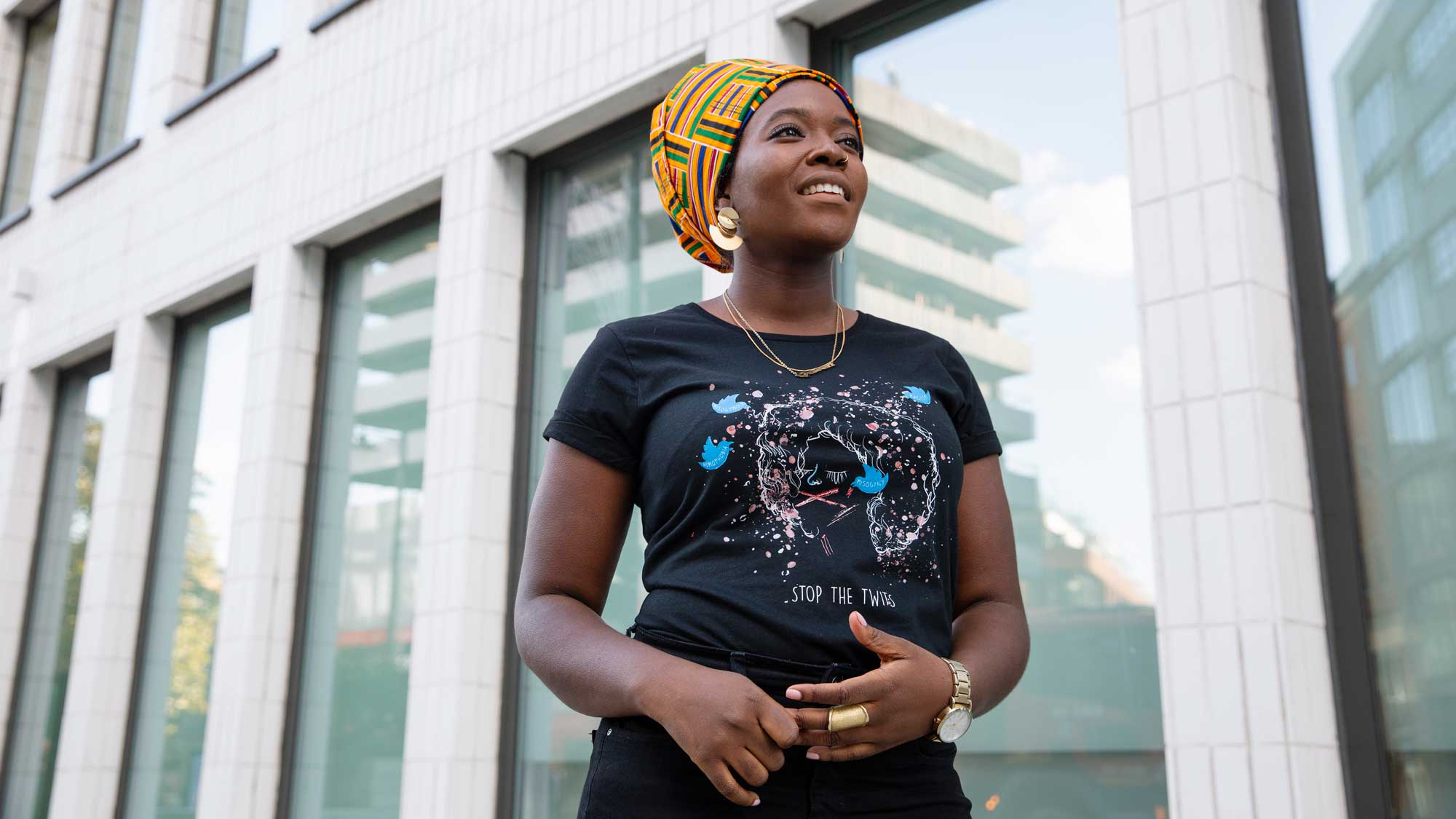

The founder and director of Glitch became an activist at early age. Here, she explains what activism means to her and why we have a duty to be held accountable for the way we express ourselves
I’m often asked 'when did you become an activist?' and still at my big age of 28, I struggle to pinpoint the date, time, and the moon rising sign for when it all began. I’ll be honest with you, I did sometimes wonder if this meant I wasn’t a 'pure activist' (whatever that actually means) because my journey didn’t start on a march, an uprising or following the legacy of activists in the family. My journey in activism began under the leadership of fantastic and brave warriors, all of whom pulled me up when I needed it.
For many years, I didn’t even know 'activism' was the word to describe what I was doing. I quickly learned I had a powerful voice, with a rhythm that resonated with people, and the directness of growing up in Nigerian household. So I would regularly find myself calling out the unfairness and frustrations others were unable to. I grew up seeing so many ugly variants of injustice in my home, my school and in my community and depending on who you were, my inquisitive, loud and determined nature was either extremely annoying and disruptive to the classroom or were the 'traits of a natural born leader'. You can probably guess being a young black woman from East London which one I heard more.
I clearly remember an 'activation' happening in 2006, when my school friend and neighbour Charlotte was stabbed and murdered at a house party. For weeks, though then it felt like months, I kept asking why? Why did this happen? Why did Charlotte’s murderer think she needed to hold a knife? Why didn’t we have the lifestyle we see on the Disney Channel, Trouble TV and Nickelodeon?
And bear in mind, this was 2006. None of us who knew Charlotte were not given the appropriate trauma response nor did we have the language or youth-led community groups, such as The 4Front Project to help us unpack our feelings and questions. My own line of enquiry, along with other events, took me to protesting at the steps of government. The pathways always came back to politics. To the decision makers, the elected officials making policy affecting me, my family and my community - yet I did not see myself. I didn’t hear my lived experience coming from any of those government buildings or at the despatch boxes in the House of Commons. And it was during that season of life I embraced the label 'activist', using my voice in various campaigns from education reform, gender equality to anti-racism and serious youth violence. And as a true millennial, I proudly included 'activist' in my first Twitter bio.
Reflecting on the time that's passed since then, my relationship with activism, campaigning and civic leadership has changed immensely. In addition to an injection of realism about the world, my understanding of the huge responsibility it carries is crystal clear. Using your voice is to serve a cause with values of inclusivity, doing no harm to others on a foundation of self care. Although you’re an individual, using your voice is not about going rogue and a fast track to influencer status. And it's in embracing accountability, within activism and campaigning, where we can ensure our efforts are inclusive, our movements are sustainable and we make 'burn out' a thing of the past.
I think accountability gets a bad rep. It’s portrayed as either a bureaucratic process stifling freedom and creativity or a structure waiting to give us a good telling off. Accountability should be embraced as a place of refuge, safety, learning and avoiding duplication. While we must ensure it itself doesn’t become elitist, about status and just friendship. It's in accountability that those using their voice can flourish and execute their finite resources more effectively - one of which is the person with the voice. It’s in accountability where we reimagine ways of working and unlearn patriarchal tools and practices. Using your voice is about doing the work behind the scenes, seeking mentorship, a work wife, forming accountability groups, taking regular sabbaths and hearing correction from a place of love. So as we encourage more to take up space and use their voice, let’s also redefine our relationship with accountability.
Marie Claire Newsletter
Celebrity news, beauty, fashion advice, and fascinating features, delivered straight to your inbox!
Maria Coole is a contributing editor on Marie Claire.
Hello Marie Claire readers – you have reached your daily destination. I really hope you’re enjoying our reads and I'm very interested to know what you shared, liked and didn’t like (gah, it happens) by emailing me at: maria.coole@freelance.ti-media.com
But if you fancy finding out who you’re venting to then let me tell you I’m the one on the team that remembers the Spice Girls the first time round. I confidently predicted they’d be a one-hit wonder in the pages of Bliss magazine where I was deputy editor through the second half of the 90s. Having soundly killed any career ambitions in music journalism I’ve managed to keep myself in glow-boosting moisturisers and theatre tickets with a centuries-spanning career in journalism.
Yes, predating t’internet, when 'I’ll fax you' was grunted down a phone with a cord attached to it; when Glastonbury was still accessible by casually going under or over a flimsy fence; when gatecrashing a Foo Fighters aftershow party was easy-peasy-lemon-squeezy and tapping Dave Grohl on the shoulder was... oh sorry I like to ramble.
Originally born and bred in that there Welsh seaside town kindly given a new lease of life by Gavin & Stacey, I started out as a junior writer for the Girl Guides and eventually earned enough Brownie points to move on and have a blast as deputy editor of Bliss, New Woman and editor of People newspaper magazine. I was on the launch team of Look in 2007 - where I stuck around as deputy editor and acting editor for almost ten years - shaping a magazine and website at the forefront of body positivity, mental wellbeing and empowering features. More recently, I’ve been Closer executive editor, assistant editor at the Financial Times’s How To Spend It (yes thanks, no probs with that life skill) and now I’m making my inner fangirl’s dream come true by working on this agenda-setting brand, the one that inspired me to become a journalist when Marie Claire launched back in 1988.
I’m a theatre addict, lover of Marvel franchises, most hard cheeses, all types of trees, half-price Itsu, cats, Dr Who, cherry tomatoes, Curly-Wurly, cats, blueberries, cats, boiled eggs, cats, maxi dresses, cats, Adidas shelltops, cats and their kittens. I’ve never knowingly operated any household white goods and once served Ripples as a main course. And finally, always remember what the late great Nora Ephron said, ‘Everything is copy.’
-
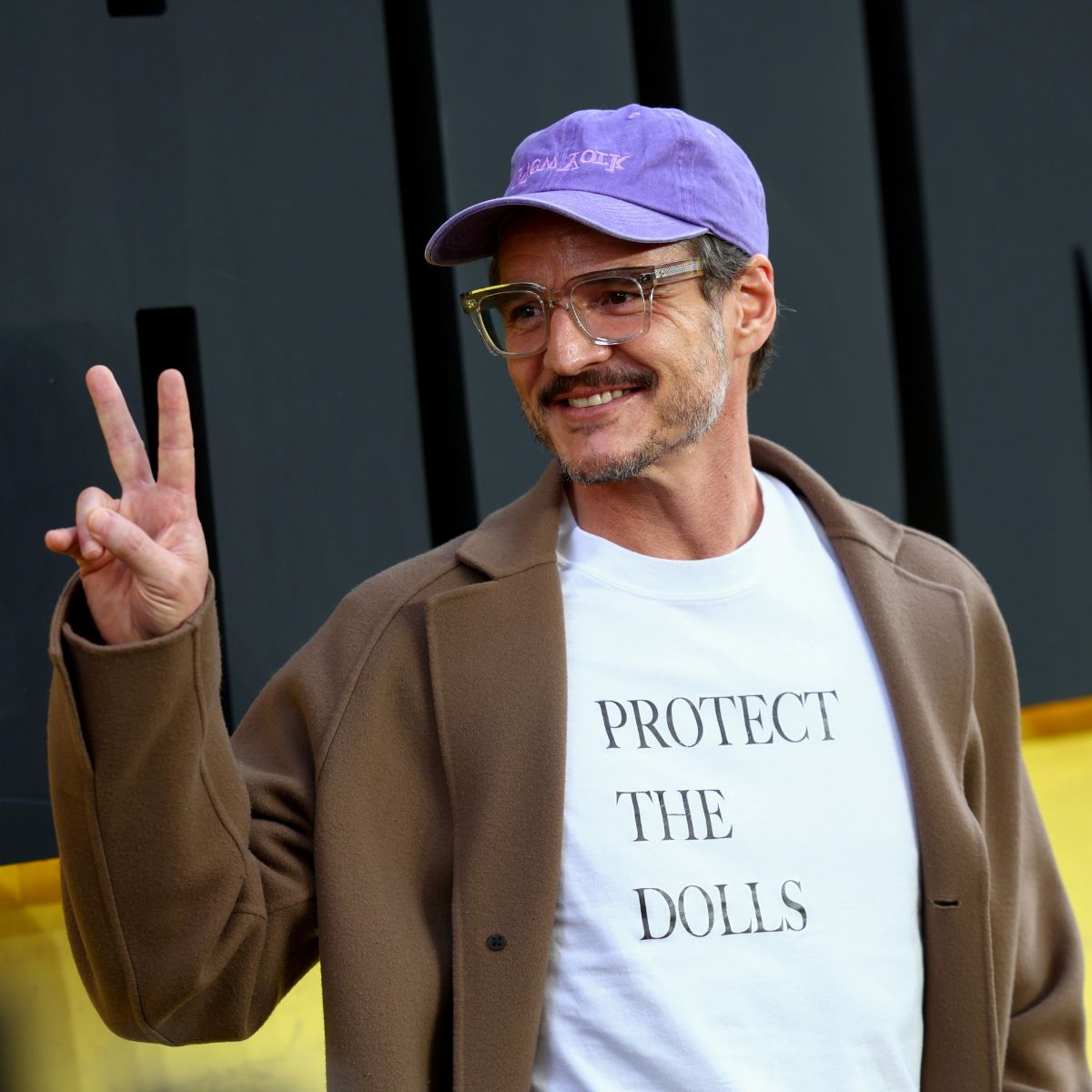 How the slogan t-shirt became this season's must-have - and why it's more than just another trend
How the slogan t-shirt became this season's must-have - and why it's more than just another trendNot just another Nineties throwback
By Clementina Jackson
-
 How are Trump’s tariffs affecting the fashion industry?
How are Trump’s tariffs affecting the fashion industry?The fluctuating situation in the US is having very real consequences
By Rebecca Jane Hill
-
 Here's every character returning for You season 5 - and what it might mean for Joe Goldberg's ending
Here's every character returning for You season 5 - and what it might mean for Joe Goldberg's endingBy Iris Goldsztajn
-
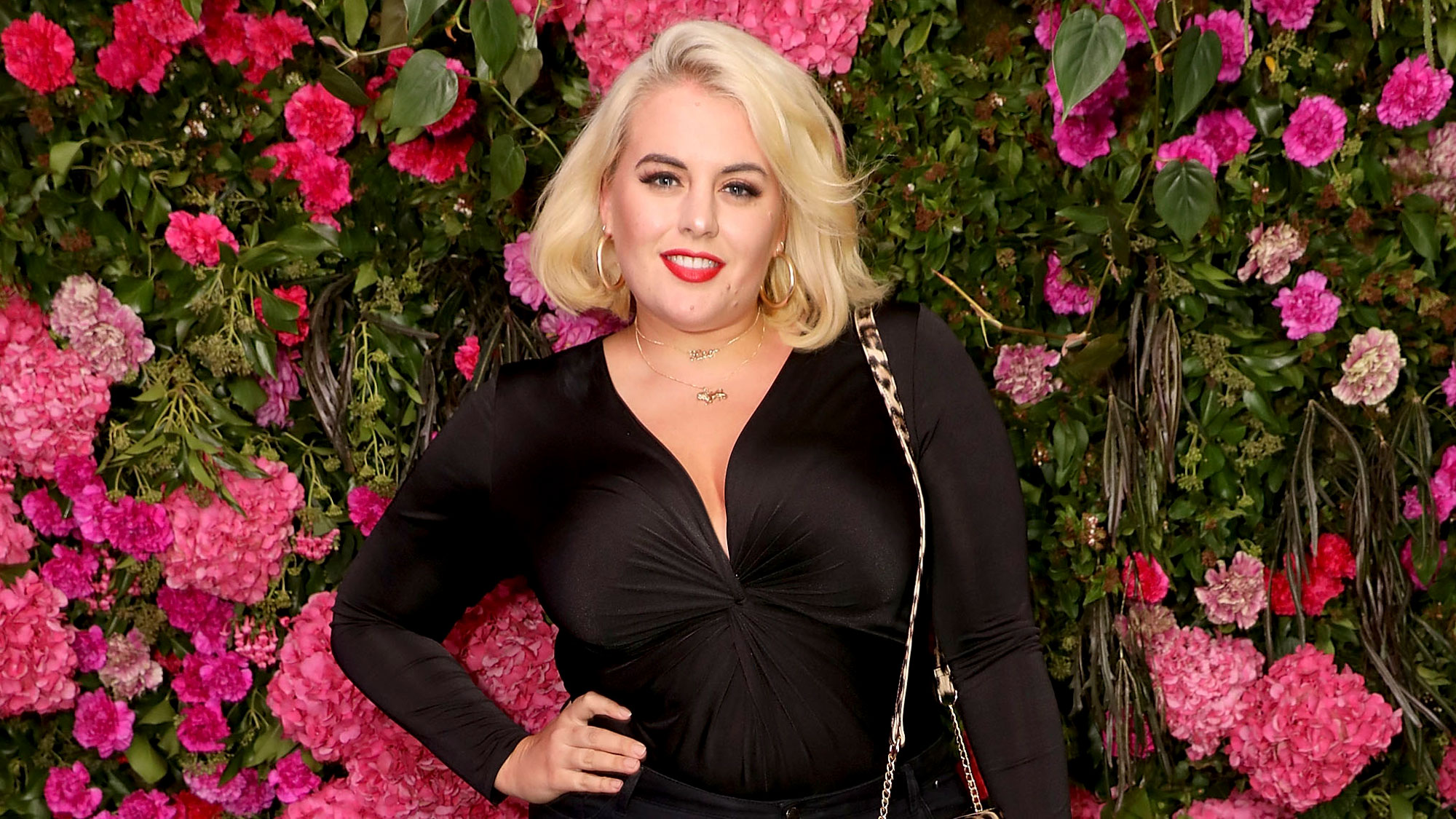 #useyourvoice: 'Why I boycotted London Fashion Week' model Felicity Hayward explains
#useyourvoice: 'Why I boycotted London Fashion Week' model Felicity Hayward explainsModel and body positivity activist Felicity Hayward didn't attend the London Fashion Week shows. Why? She believes a lack of diversity is damaging the industry and leaving London lagging behind in the fight for equality
By Maria Coole
-
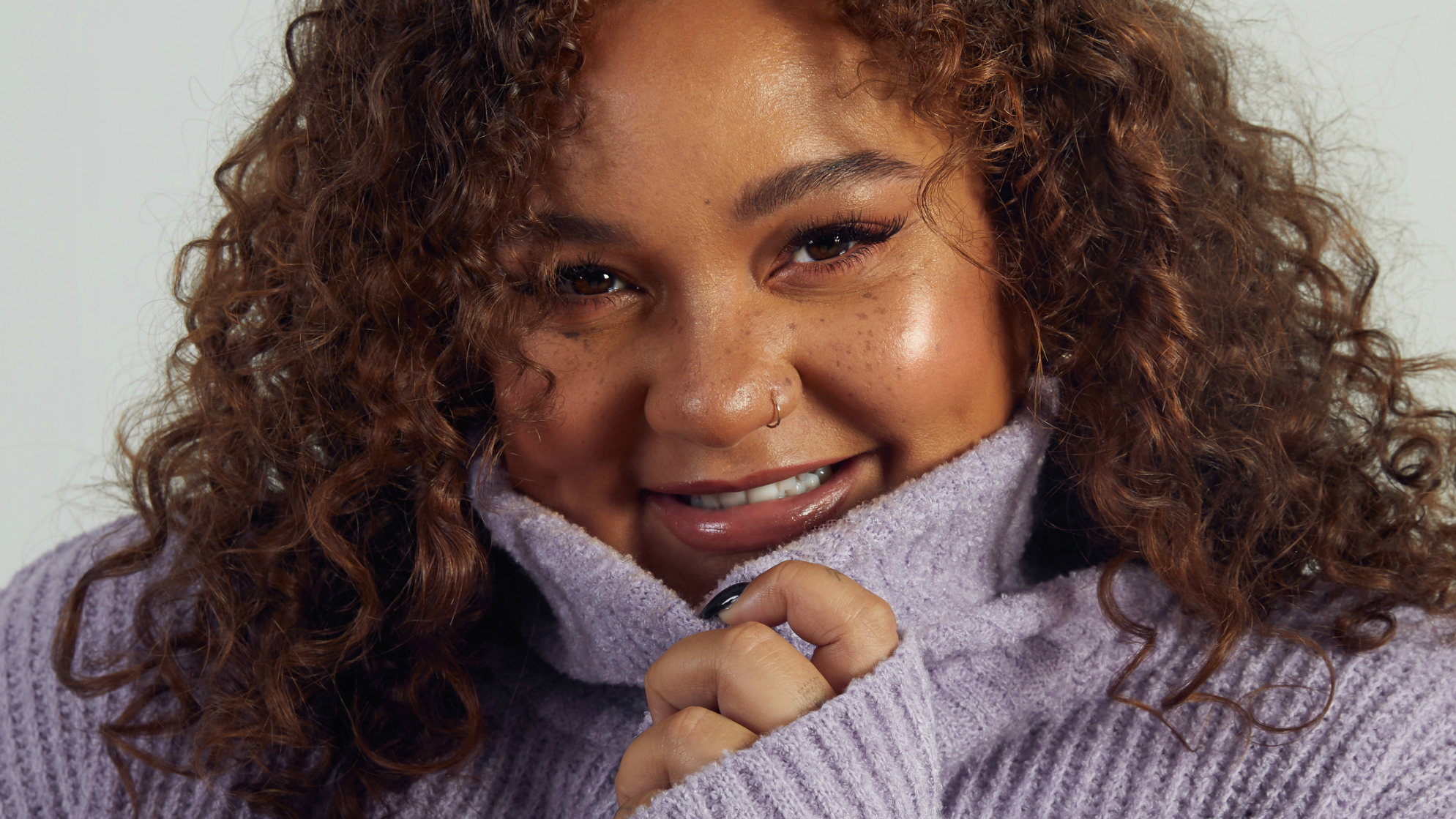 #useyourvoice: ‘Accessing therapy should not be a middle-class privilege’ says mental health activist Grace Victory
#useyourvoice: ‘Accessing therapy should not be a middle-class privilege’ says mental health activist Grace VictoryAt a time when we're more open than ever before about discussing mental health, Grace argues we still have a long way to go until vital help is immediately accessible for all - not just for those who can afford it
By Maria Coole
-
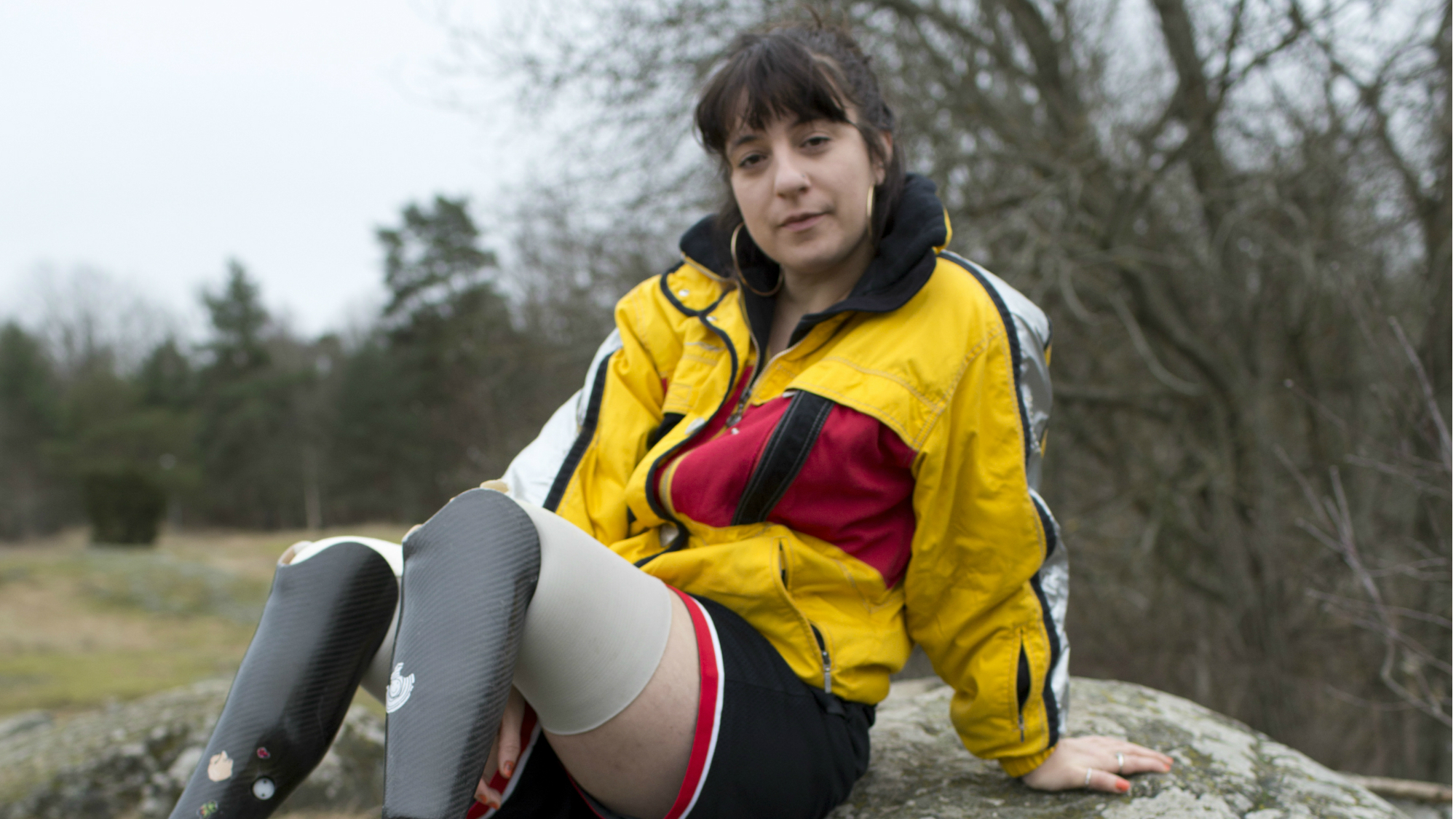 #useyourvoice: ‘Disabled people are not your inspiration porn’ says BBC presenter Kat Hawkins
#useyourvoice: ‘Disabled people are not your inspiration porn’ says BBC presenter Kat HawkinsDirector, journalist and dance artist Kat Hawkins (aka @kats.bailed) lost both legs to meningitis at university, and uses her platform to show what life with a disability is like. Here Kat explains why she’s had enough of being pitied, and how we can change the way we talk about disability
By Marie Claire